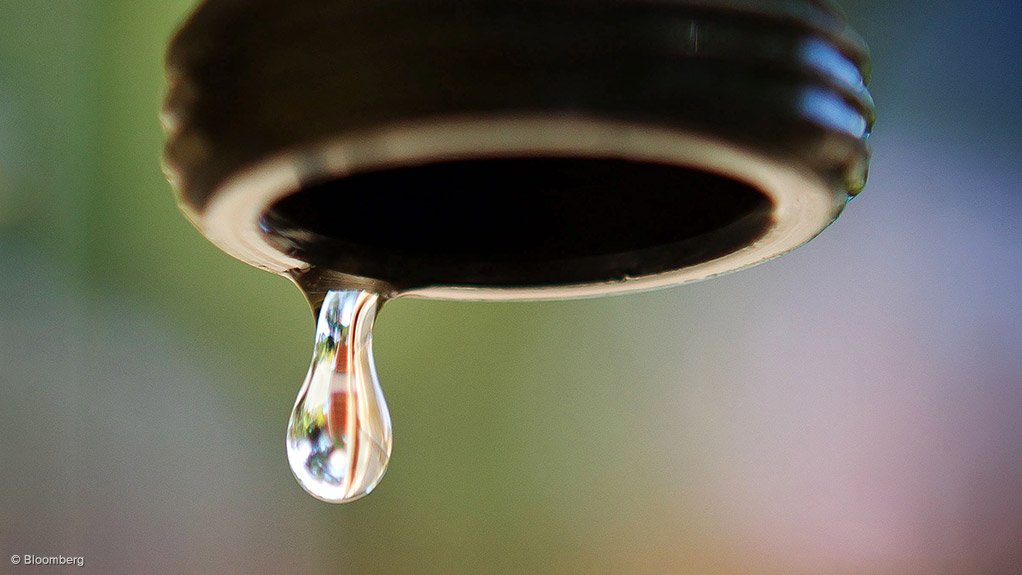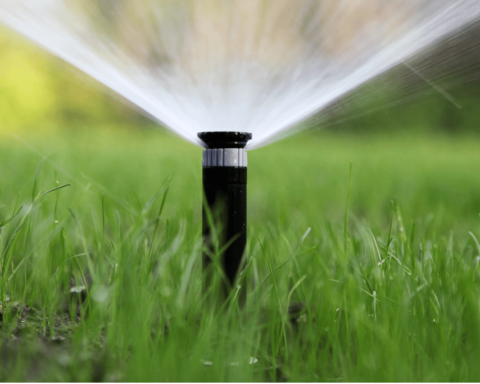The Importance of Water Quality
Water is vital for life and environmental health, with its quality affecting population health outcomes. Contaminated water can spread diseases like cholera and dysentery, causing devastating impacts. High-quality water supports individual health and societal welfare by supporting agriculture, industry, and recreation, making it a vital resource. Addressing water issues in Michigan has brought the critical challenges of water safety into sharper focus, demanding nationwide attention and action. Water quality is crucial for both human health and environmental sustainability. Polluted water sources disrupt aquatic ecosystems, affecting flora and fauna and threatening ecological balance. High water quality is essential for human consumption and maintaining healthy ecosystems that support all life forms. Vigilance is necessary to prevent widespread health crises and ensure the safety of water supplies in developed nations.
Identifying Common Water Quality Concerns
Heavy metals like lead significantly threaten water supplies, often corroding pipes in older infrastructure. Additionally, agricultural runoff introduces nitrates and pesticides into waterways, particularly in farming regions, making water unsafe for human and livestock consumption. Understanding the common contaminants in different settings is crucial for developing targeted interventions and policies to mitigate exposure and health risks.
In Michigan, microbial contaminants such as bacteria and viruses present serious risks, particularly in areas with insufficient wastewater treatment systems. Outbreaks of E. coli-related illnesses highlight the critical need for ongoing monitoring and swift action to mitigate long-term consequences and prevent widespread impacts on communities.
Testing and Assessment
Water testing is essential to finding and fixing problems with water quality. At-home kits provide fundamental indicators like pH levels and chlorine content but may not detect all contaminants. In Michigan, professional services provide detailed analyses to detect heavy metals and pesticides in water. These insights enable homeowners and authorities to take corrective actions, such as replacing corroded pipes or installing advanced filtration systems. Understanding test results is crucial for homeowners to maintain water quality, determine when to report concerns to local authorities, or seek expert assistance. This ensures long-term water safety and health.
Practical Solutions for Water Quality Improvement
Individuals can improve water quality without relying on authorities. Regular cleaning of water tanks and boiling water can significantly impact the quality of water consumed. Boiling eliminates pathogens but not chemical contaminants. Installing filters at key water points can limit harmful particles, enhancing water taste and safety. Water softeners can address complex water issues, affecting household appliances and skin health. Excess minerals can be balanced to improve water quality and prolong the life of appliances and plumbing systems. Educating families on these methods ensures safer consumption and promotes a culture of responsibility towards water use.
Choosing the Right Water Filtration Systems
Water filtration systems are increasingly available to deliver purer drinking water. Activated carbon filters effectively remove organic compounds, making them suitable for households looking to improve taste without investing in expensive systems. Reverse osmosis systems are perfect for places where pollution is an issue since they can remove a greater variety of pollutants, such as heavy metals and pathogens. They do, however, need frequent maintenance and can be expensive. The filtration system choice should align with local water quality tests, optimize health outcomes, and ensure the wise investment of financial resources.
Community Efforts and Initiatives
Collective efforts are crucial for improving water quality. Community-level initiatives like river clean-ups and local advocacy groups can reduce pollution and promote shared responsibility. These initiatives address immediate environmental needs and foster a sense of community. Volunteers participate in hands-on activities, highlighting the importance of environmental stewardship. By participating, individuals contribute to preserving natural resources and advocating for sustainable development, thereby promoting a sense of shared responsibility.
Education and Awareness
Education is crucial for public health initiatives, particularly in water quality. Awareness campaigns, particularly in local schools and communities, educate the public about the importance of clean water sources and potential hazards. Seminars and workshops provide a platform for citizens to advocate for cleaner water. Investing in educational programs empowers residents to make informed decisions, fostering a proactive culture of water quality management. These initiatives make the science behind water quality issues accessible and promote widespread engagement.
Future Trends in Water Quality Management
Advancements in technology are transforming water quality management by providing real-time data on water pollutants and identifying contamination sources. Smart sensors and IoT technology are being used to provide quicker response times and improve detection. This technology could lead to a transformative shift in water quality management, allowing for prevention rather than merely response. As climate change impacts water resources globally, innovative solutions like desalination plants and advanced recycling methods are crucial for sustainable water management.
Keep an eye for more latest news & updates on Essential Tribune!








